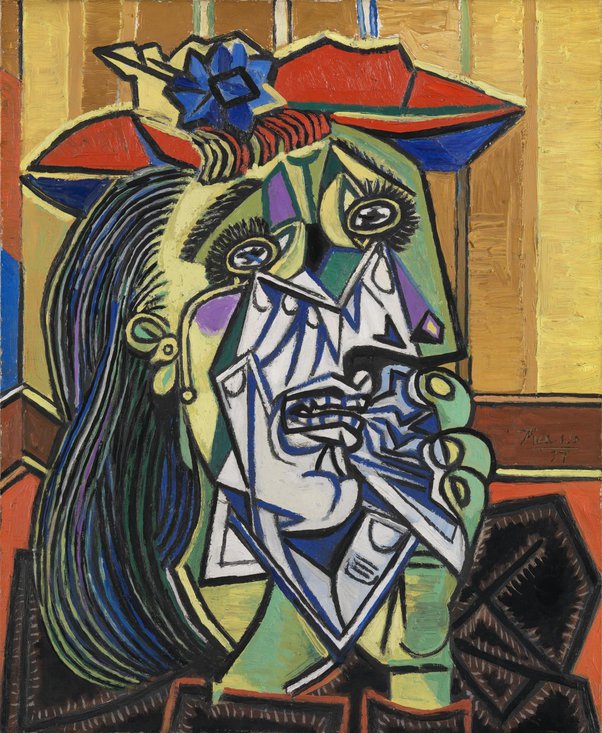The short answer is that Hegel would find hyperrealism too conceptual, too ironic, and too grotesque to convey the truth about the wholeness and unity of human life. A longer answer follows.
There are various ways to unify and reconcile what seems contrary, contradictory, or out of place. Unification takes place in philosophy, which understands the process as an act of thought. It takes place in religion, where unification is accomplished by the universal love of God. And it takes place as art, which exhibits unity in the form of sensuous objects produced by creative activity. The ideal work exhibits beauty, and its ultimate expression is the individual human being in his or her integrity, agency, and self-confidence.
This is best seen in classical art.

Hegelian self-sufficiency is also exhibited in everyday scenes of the sort painted by the Dutch Masters.


Hegel’s metaphysico-aesthetic principles count against modern aesthetic values such as irony, ambiguity, distortion, and, given that art is essentially sensuous, the predominantly conceptual content of much modern art. Hegel would be skeptical of art focused on the artmaking process itself.

Overly objective work is objectionable.

As is overly subjective work.

Art that emphasizes philosophical reflection and abstract ideas endangers the fusion of sensuousness and idea.

Finally, consider what the 20th century did to human form.


As for hyperrealism, it carries realist values to an extreme that makes realism unreal. It threatens to makes us think abstractly, which is not what art does best, in Hegel’s view.


Hypperealism often seems to reduce individuals to their generic properties, suggesting that a person is just a piece of meat.



Who can know, but I suspect Hegel would find this sort of thing deeply humiliating and destructive of the human spirit.
A longer answer would consider how Hegel might have integrated the distinctive features of modern art into his philosophical framework. This is how understanding works, according to Hegel: you encounter things that don’t make sense, and then try to account for them in ways that do justice to them without being inconsistent with what you already understand.
Of course, even having armed himself with all the relevant facts and ideas, Hegel might, without inconsistency, conclude that modern art is simply a mistake. He didn’t approve of what he regarded as the heavy-handed use of irony in the romantic literature and art of his own age, which of course we now find to be one of the defining features of the aesthetic.
On the other hand, Hegel might be able to accept the modern reaction against harmonizing and idealizing art as a necessary stage towards a more comprehensive understanding of human experience. The 20th century produced a great deal of apparent senselessness and demanded much of our ability to integrate it into what we already knew. We are still attempting to do so. If the owl of Minerva flies only at dusk, we should be patient with movements such as hyperrealism, learn what we can from them, and leave it to our descendants to assess them objectively.


